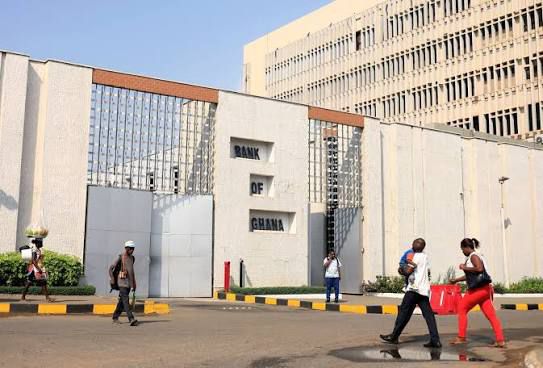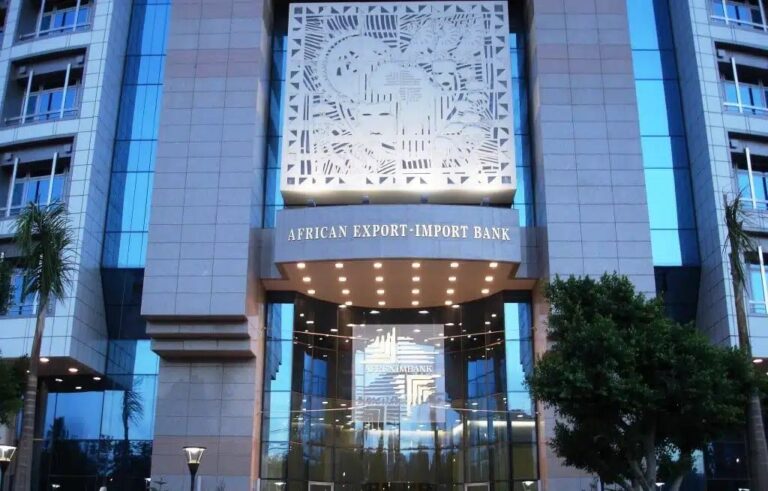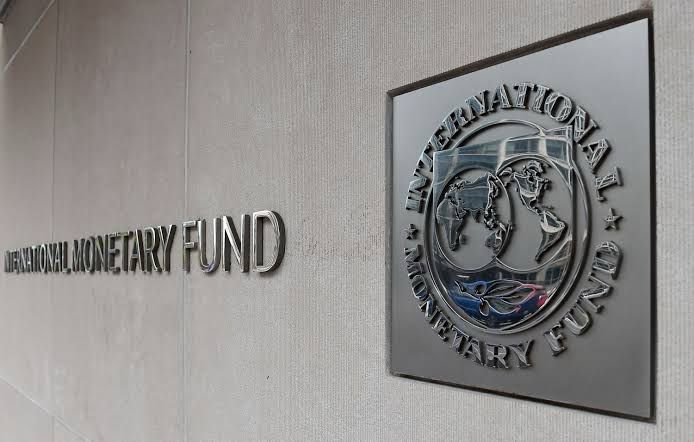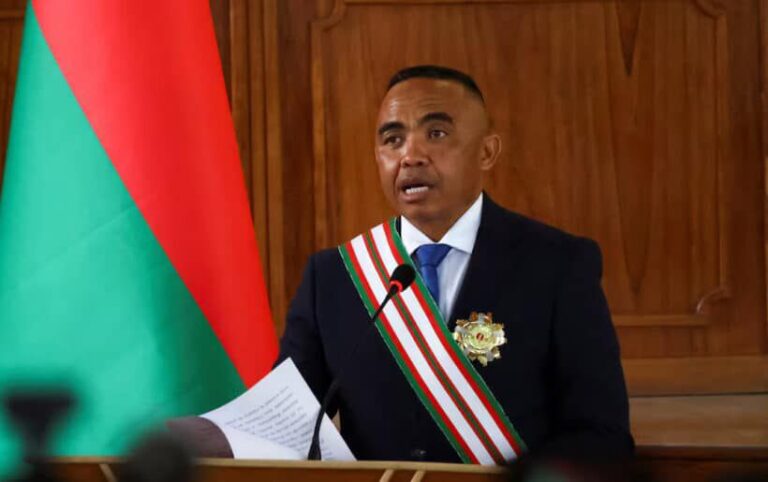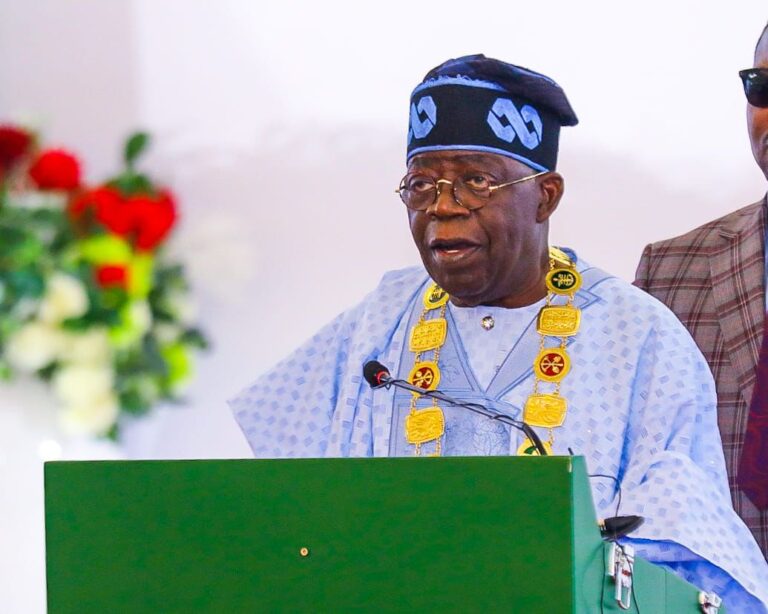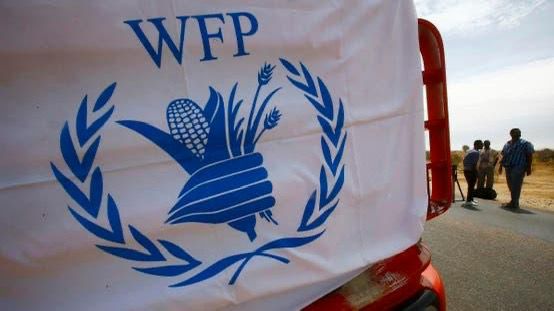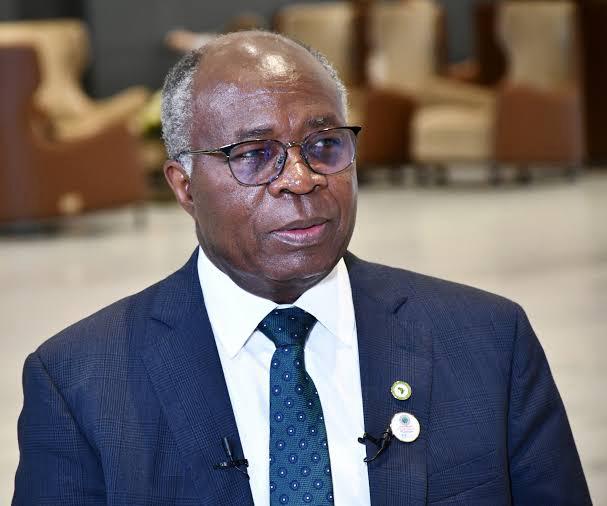The Bank of Ghana’s Monetary Policy Committee (MPC) announced on Wednesday a significant reduction in the benchmark policy rate, cutting it by 350 basis points to 21.5%. The decision, which was larger than many analyst expectations, marks a continued pivot towards monetary easing as the West African nation’s economy shows signs of sustained recovery.
The central bank cited a sustained decline in inflation and an improving macroeconomic outlook as the primary reasons for the move. The latest data shows that consumer inflation fell to 11.5% in August, the lowest level in nearly four years. This record cut follows a previous 300 basis point reduction in July, bringing the total easing to 650 basis points over the last two meetings.
Ghana recorded a sharp drop in consumer inflation, which fell to 11.5% in August, the lowest level since late 2021. This rapid disinflationary trend, coupled with a strengthening cedi and a positive balance of payments, provided the central bank with the necessary room to act.
Analysts had widely anticipated a rate cut, but the magnitude of the reduction—the first since a 200 basis point cut in September 2024—surprised the market and highlighted the central bank’s commitment to supporting growth.
Ghana’s economy expanded by 6.3% year-on-year in the second quarter of 2025, up from a revised 5.7% in the same period last year, with strong improvement in the services sector, and the Ghanaian cedi has appreciated sharply against major international currencies.
The International Monetary Fund (IMF) and other international financial institutions have also noted the cocoa-exporting gold-rich country’s progress in fiscal consolidation and debt restructuring, further improving its economic outlook.




